I have an iOS project written with Objective-C. I created an Swift class in the project, the bridging header file for accessing objective-c in Swift is generated successfully, and it works fine.
My problem is the other way around. I want to import Swift class in objective-c code.
In xcode, target -> Build Settings--> Swift Compiler section, I see Objective-C Generated Interface Header Name field with value myModule-Swift.h , but when I import this header in my objective-c class:
#import "myModule-Swift.h"
I get compiler error:
myModule-Swift.h file not found
and in project, I cannot find this file either. How can I solve this problem?
My xcode version is 6.4



